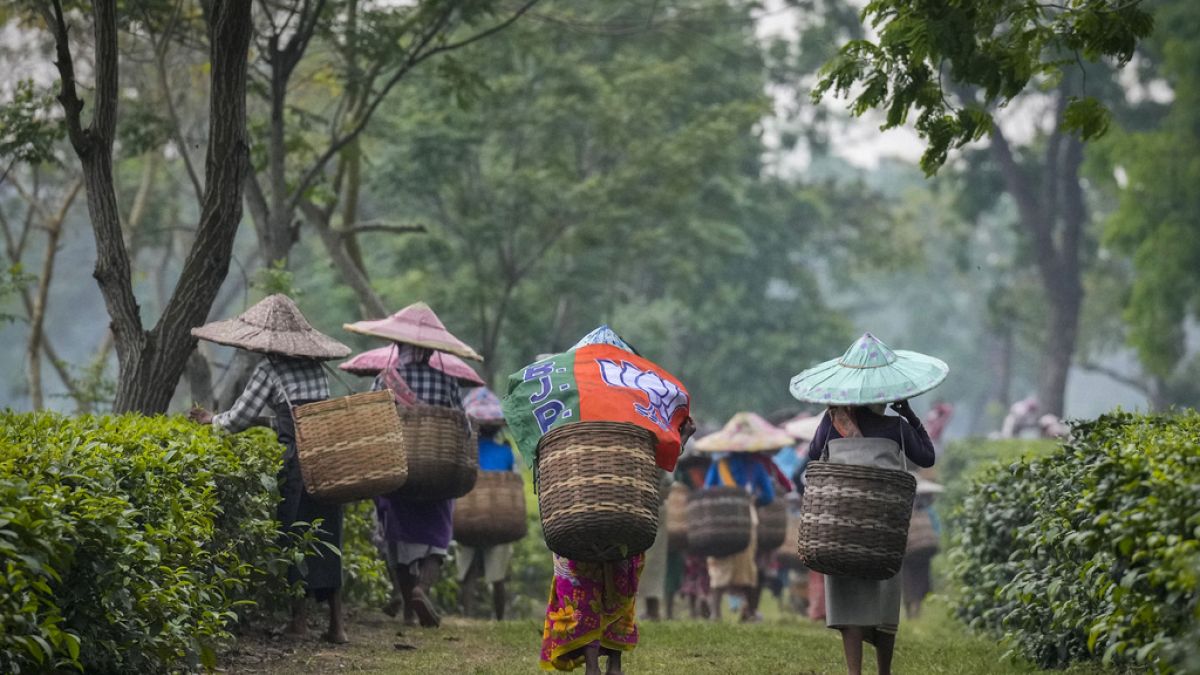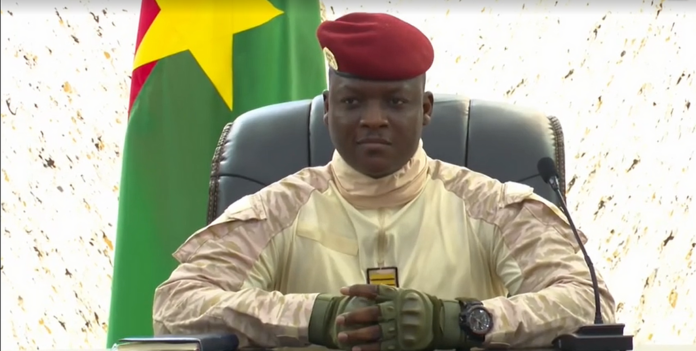Royal Mail unveils new stamps celebrating 50th anniversary of Dungeons & Dragons

Royal Mail celebrates the 50th anniversary of the tabletop role-playing game Dungeons & Dragons, which is enjoyed by around 64 million fans globally.
Fantasy game Dungeons & Dragons turns 50 this year and the Royal Mail is celebrating by unveiling a set of 14 stamps, featuring monsters and characters from D&D.
The tabletop role-playing game, first published in 1974, allows an estimated 64 million fans worldwide to embark on player-driven adventures with friends.
Fourteen special stamps are part of the collection, depicting the game’s most famous monsters and heroes. All of the artwork was illustrated by British artist Wayne Reynolds and features 11 images commissioned for the set
David Gold, director of external affairs and policy at Royal Mail, said: “For fifty years, Dungeons & Dragons has enabled millions of fans across the world to enjoy using their imaginations and immersing themselves in a magical world. We are delighted that this creative and exciting role-playing game is celebrated using Britain’s Wayne Reynolds’ unique illustrations.”
The monsters featured on the main set of eight stamps are Red Dragon, Vecna, Mimic, Beholder, Gelatinous Cube, Mind Flayer, Displacer Beast and Owlbear. The six images of a party of adventuring heroes feature Tiefling Rogue, Human Bard, Halfling Cleric, Elf Fighter, Dwarf Paladin and Dragonborn Wizard.
And if you happen to have an ultraviolet light handy, shining it over the eight pictures of monsters will reveal the D&D logo on four of the stamps and a graphic related to the monster on the other four.
There are some important decisions to be made for fans. The Presentation Pack includes the main set of eight stamps along with the sticker sheet of six for £24.40 (€29); the Dragons Medal Cover looks mighty good for the sum of £19.99 (€23); and the framed Vecna print signed by Wayne Reynolds will set you back £150 (€178). For our money, the Prestige Stamp Book Limited Edition and its fold out toothy mouth for £49.99 (€60) is a favourite.
Dan Rawson, global play lead of D&D at Wizards of the Coast said: “Building on Hasbro’s existing work with Royal Mail, we’re honoured to release this beautiful collection of stamps, officially approved by HM King Charles III, in celebration of the 50th anniversary of the World’s Greatest Roleplaying Game. With stunning art from long-time Dungeons & Dragons artist Wayne Reynolds showcasing our adventuring heroes and fearsome creatures, we’re sure these items will be treasured by D&D fans and stamp collectors alike.”
D&D’s fantasy world and monsters have influenced fantasy tropes in film, television and video games to this day. A movie based on the game, Dungeons & Dragons: Honour Among Thieves, was released last year and a video game set in its universe, Baldur’s Gate 3, was also published in 2023 and won five Bafta Game Awards in April.
As for the 50th anniversary celebrations, D&D's creators have not limited it to stamps. Earlier this year, they released the first-ever D&D Lego set and then teamed up with Converse for an exclusive line of shoes.
The stamps are available to pre-order on Royal Mail’s website before going on general sale from July 25.














